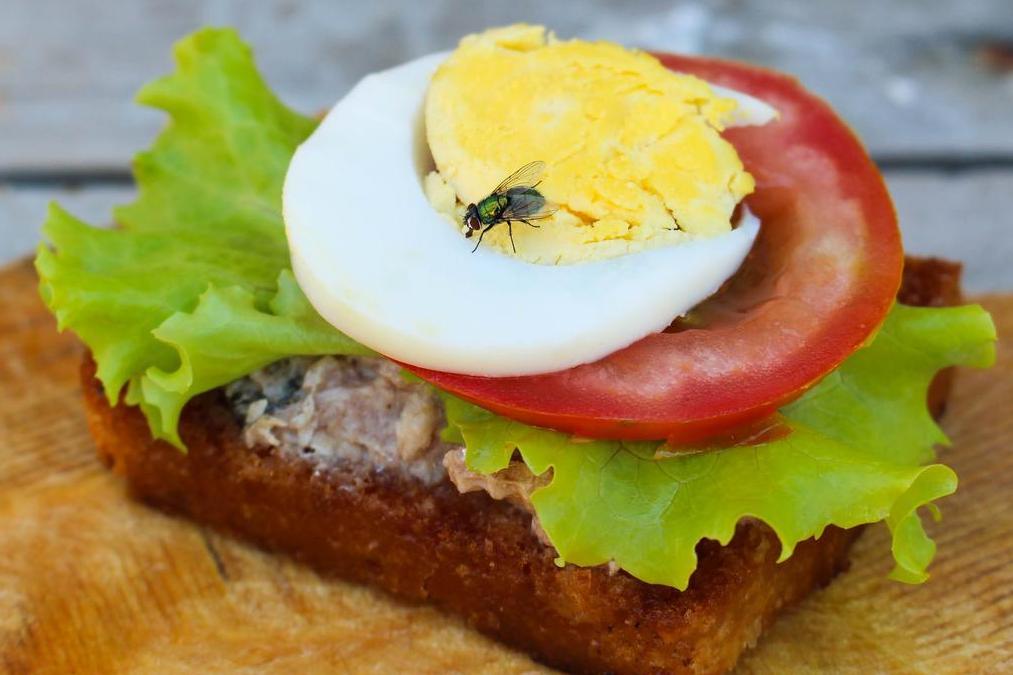Fly landing on your food could have serious health risks, according to pest control expert
Flies can transfer serious, contagious diseases like cholera, dysentery and typhoid

Your support helps us to tell the story
From reproductive rights to climate change to Big Tech, The Independent is on the ground when the story is developing. Whether it's investigating the financials of Elon Musk's pro-Trump PAC or producing our latest documentary, 'The A Word', which shines a light on the American women fighting for reproductive rights, we know how important it is to parse out the facts from the messaging.
At such a critical moment in US history, we need reporters on the ground. Your donation allows us to keep sending journalists to speak to both sides of the story.
The Independent is trusted by Americans across the entire political spectrum. And unlike many other quality news outlets, we choose not to lock Americans out of our reporting and analysis with paywalls. We believe quality journalism should be available to everyone, paid for by those who can afford it.
Your support makes all the difference.They are one of the scourges of summer and have been ruining picnics since the dawn of time (probably).
Flies - harmless but incredibly annoying, most people think.
But it turns out the insects may be a lot more dangerous than we thought.
The average fly carries 200 different types of harmful bacteria, largely thanks to the various things they land on, such as rotting food and fecal matter.
Even if you swat one away as soon as it’s landed on your sandwich, the damage has already been done.
Thanks to thousands of tiny hairs on their arms and legs, the bacteria are quickly transferred to your food, which could pose a serious health risk according to a pest control expert.
“They only need to touch your food for a second for their legs or the tiny hairs all over their bodies to transfer germs from all those nasty things they eat onto what you are eating,” Ron Harrison, an entomologist and technical services director at Orkin pest control, told the Mail Online.
“And since flies can transfer serious, contagious diseases like cholera, dysentery and typhoid, it is probably best if you avoid eating things that a fly lands on.”
What’s more, flies nearly always vomit on any food upon which they land.
Unable to chew, the insects have to throw up digestive enzymes onto the food to dissolve it and allow them to slurp it up.
Of course, it’s hard to avoid any fly ever landing on your food again, so what can you do?
The best tactic is simply to cut off the part the fly has touched and throw it away. But you should be fine to continue eating the rest. Phew.
Join our commenting forum
Join thought-provoking conversations, follow other Independent readers and see their replies
Comments